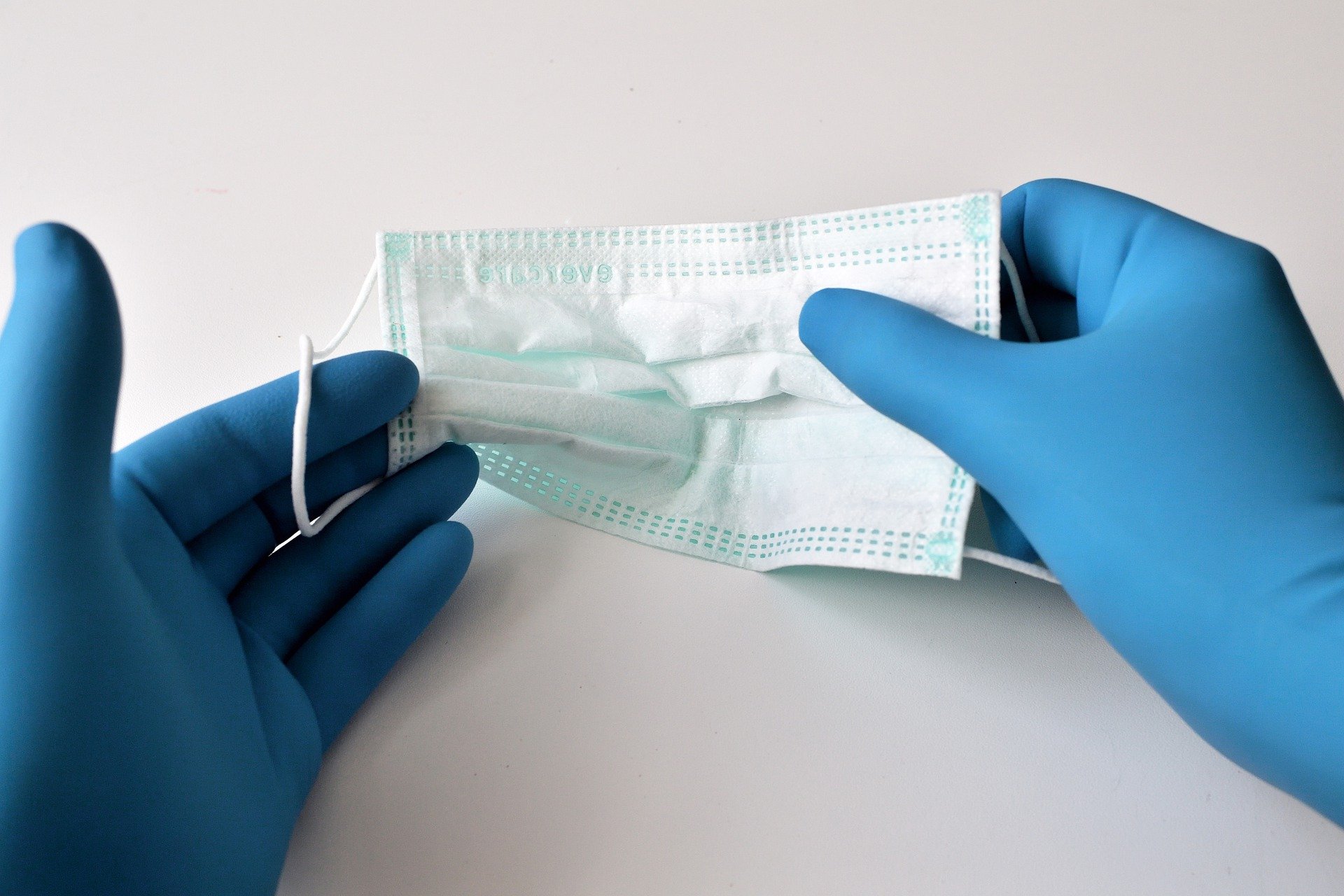As soon as we were launched into the completely unprecedented global pandemic known as Coronavirus, our lives were put on hold and left many concerned about what protection was available for their families. Many had to consider a worst-case scenario, and there were a lot of questions and concerns regarding life insurance, COVID-19 and a host of other things.
COVID-19 will definitely have an effect on your health insurance, but whether that’s negatively or positively will depend on your personal situation and who your insurance company is.
It is currently difficult to determine exactly how every health insurance company will be impacted, as each insurance company varies and has different policies country by country, region by region. For example, in the US most healthcare is privately provided and there isn’t the American equivalent of the NHS.
In regards to claiming on health insurance if you do get coronavirus, its likely you won’t need to as the mortality rate for healthy individuals who contract the virus is very low, especially since lockdown easing and lower infection rates and deaths. Most people who contract the virus recover quite quickly, and hospitalisation isn’t usually necessary.
However, if you’re hospitalised as a result of coronavirus it is considered as an emergency treatment; and as private health insurance companies usually don’t cover emergency admissions or chronic/pre-existing illnesses, your claim will not be valid.
But most health-insurance providers are offering clients a ‘cash-benefit’ payment, provided they find themselves in this situation.
What is a Cash Benefit or NHS Cash Benefit?
A cash benefit (or NHS cash benefit) is a claim made by a person to their insurance company, which has them receive a cash benefit of around £250 for each unpaid night spent in a public hospital ward. This cash benefit is paid for treatment received publicly that could have been received privately, and is usually payable per night.
That being said, patients can still get NHS cash benefits as all health insurance providers pay this cash benefit to those who contract coronavirus and need hospital admittance. The benefit amount ranged from £100 to £500 per night, but it will depend on the provider.
Another way in which your health insurance could be affected by COVID-19 is that there will be an increase in waiting times for non-critical treatments at private hospitals. The nation’s independent hospitals have launched a scheme in which they will support the NHS in order to relieve some of the strain that was induced from the pandemic.
This means of support included the addition of 8,000 hospital beds, around 1,200 more ventilators, 10,000 nurses, 700 doctors and 8,000 other clinical staff. Under the terms of this agreed support, private hospitals would have had to relocate nearly all national hospital capacity to the NHS.
While it doesn’t majorly negatively impact the private healthcare sector, it does pose as a small inconvenience to those who do not wish to have their non-critical treatment to be essentially ‘paused’. But luckily, any individual who is paying for private health insurance and due urgent and time-sensitive support and care (cancer, for example) will still be treated as a priority during the pandemic.
Acute Care
Alternatively, there is a very indirect impact on people with acute conditions not related to COVID-19. NHS trusts had to release hospital capacity for patients with COVID-19; meaning those already in hospital for unrelated treatments were discharged, planned treatments were postponed, moving appointments online and relocating staff.
Interestingly, A&E and urgent care centres saw a significant drop in admissions in early 2020, especially in admissions for strokes and heart attacks. Cardiologists believed this was due to patients staying away amid fears of contracting coronavirus and/or adding pressure to the NHS.
Even though its early days to declare whether the end of the pandemic is in sight, pressure continues to increase in terms of planning for ‘post COVID’, as the virus will have taken an uneven toll on already unequal society.


 71–75 Shelton Street, Covent Garden, London, WC2H 9JQ
71–75 Shelton Street, Covent Garden, London, WC2H 9JQ +44 (0) 20 3376 1032
+44 (0) 20 3376 1032



